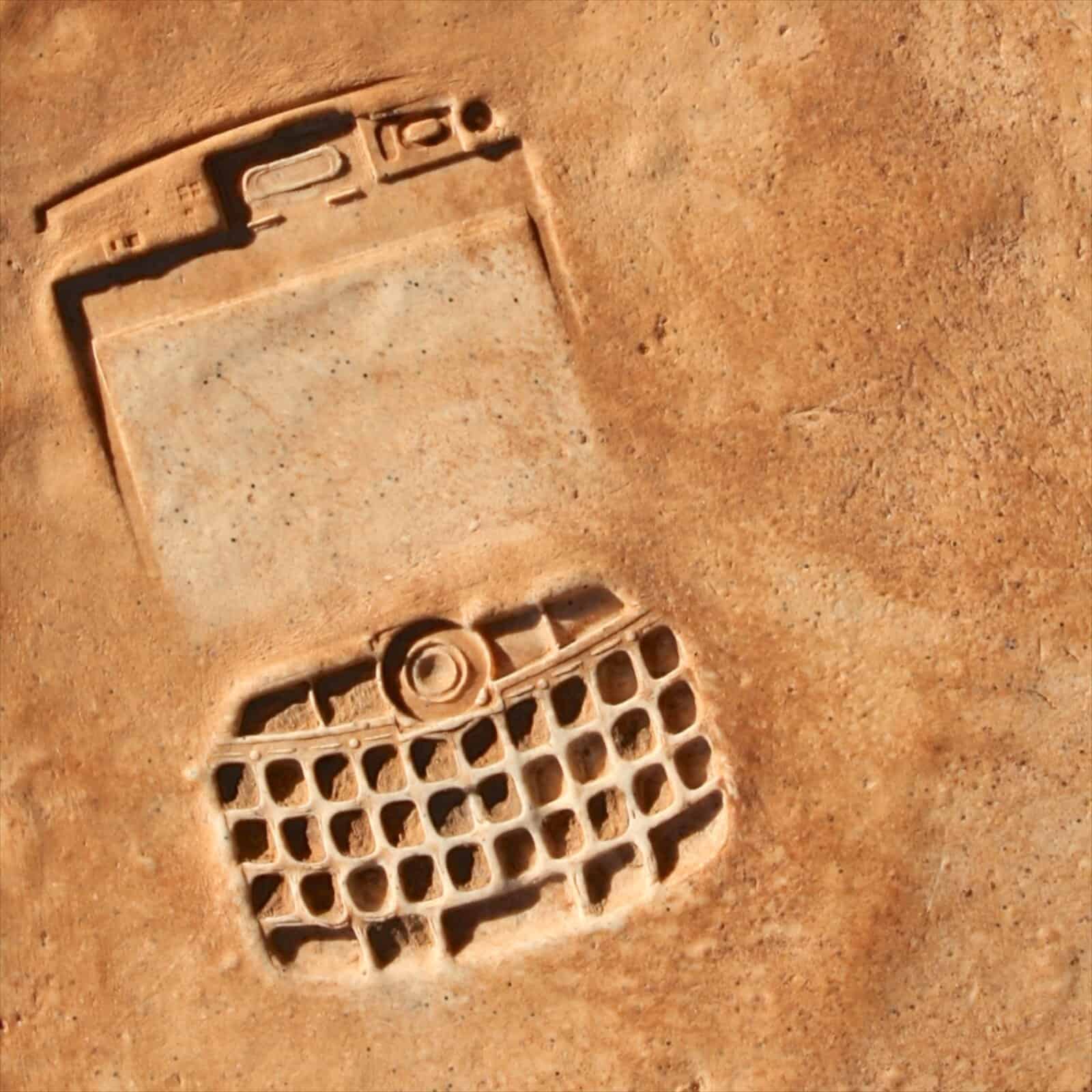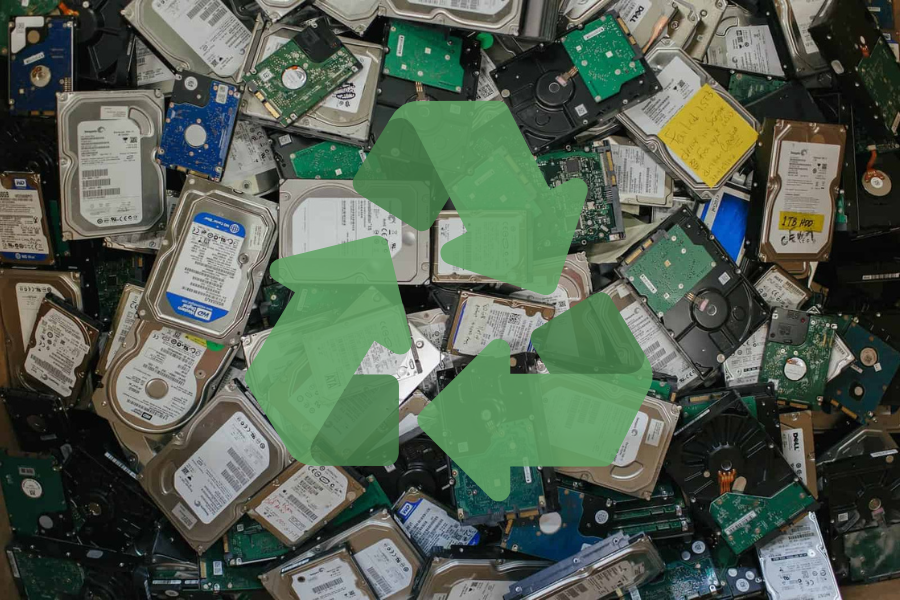
If alien archeologists excavate the earth thousands of years from now, they may believe that computers–and not humans–were the primary form of life on the planet.
Scientists have discovered that fossilized technology, or technofossils will be the primary evidence of human life in the future, meaning that old computers and phones sitting in landfills could be around millions of years after humans are gone.
As humans continue to throw trash into the ocean and landfills pile high, we aren’t just polluting the earth — we’re changing its geology. The vast amount of waste that humans have produced has caused a new geological epoch, the anthropocene.
The anthropocene is a new division in Earth’s geological time scale reflecting the unprecedented impact that humans have made on the planet. Unlike past life forms, who left behind footprints or bones, we will leave behind technofossils such as highways, cities, airports and landfills.
This is because we are filling the earth with waste that will not decompose. Although biological waste will break down, technowaste does not degrade. Humans create almost a billion tons of plastic every three years, and much of it goes into landfills across the globe.
In the future, some landfills will erode, releasing plastic debris into the sedimentary cycle. Others will be buried and the e-waste within it will fossilize. These e-fossils will likely remain on earth for thousands to millions of years, even if humans don’t survive that long.
Thus, we humans have created so much waste that thousands of years in the future, will be defined by it.
The lesson in all of this? Unless you want your cellphone to sit in a landfill for the next couple million years, you should recycle it.
At Tech Dump, we recycle anything with cords, cables, or batteries; we guarantee that electronics will be recycled or refurbished and resold. By recycling and reusing electronics, we can reduce the amount of waste that we leave on our planet.
Recent News & Articles

How Fair Chance Hiring Benefits Your Business

Earth Day at Repowered: 4 Ways We’re Making a Difference for the Planet

